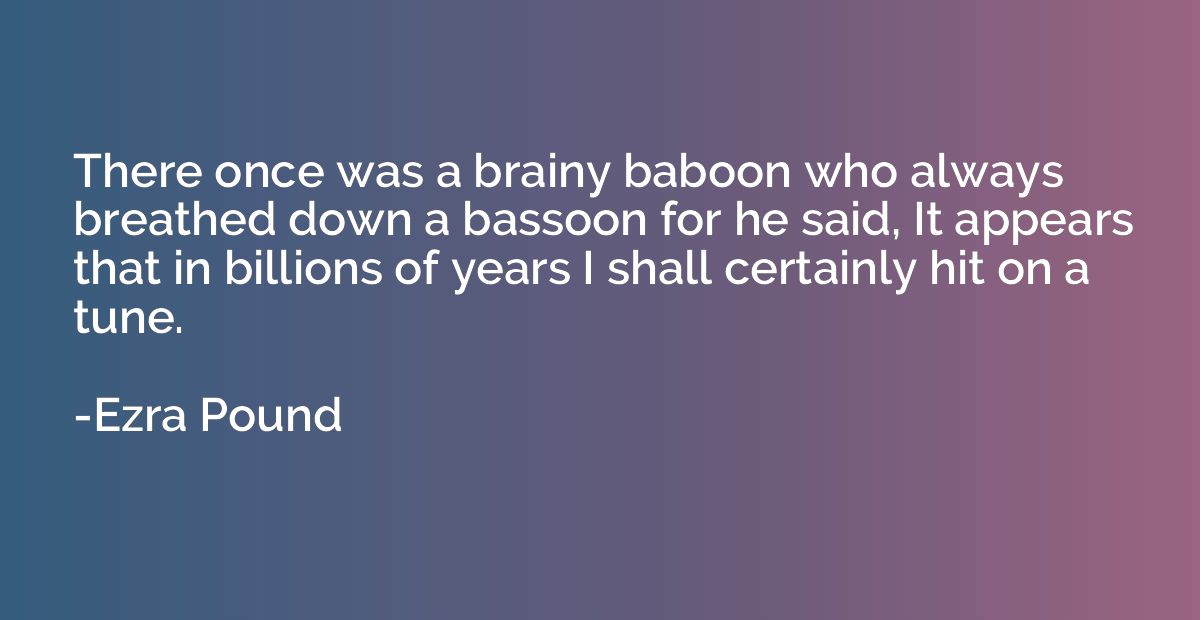Quote by Friedrich Nietzsche
There is an innocence in admiration: it occurs in one who has not yet realized that they might one day be admired.

Summary
This quote suggests that there is an inherent purity in admiration observed in individuals who have not yet considered the possibility of being admired themselves. It implies that this innocence of admiration stems from a lack of self-awareness or ego, as those who have not recognized their own potential for admiration may approach it with genuine and untainted appreciation. The quote highlights the notion that innocence and naivety often contribute to the sincere and unfiltered nature of admiration.














